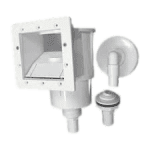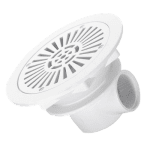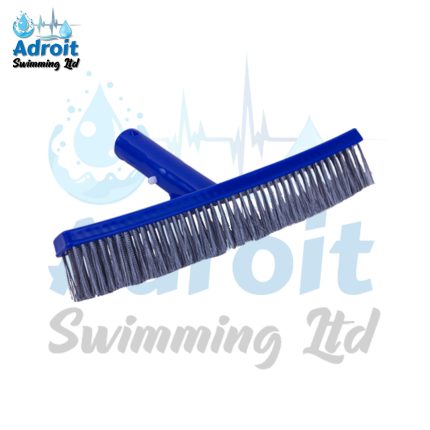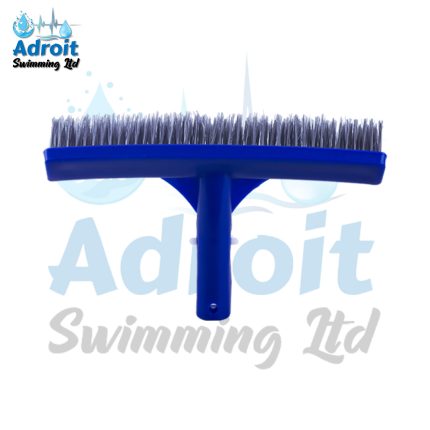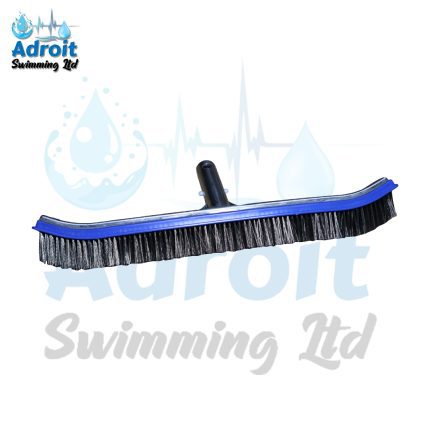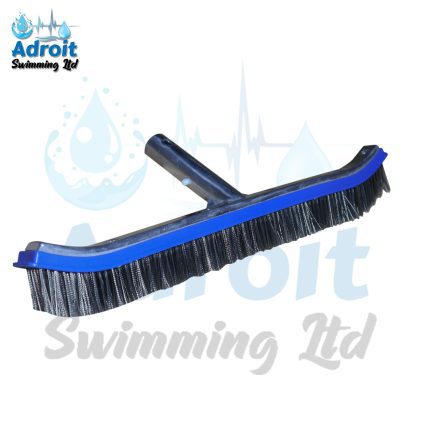Algae Brush
An algae brush is a specialized cleaning tool designed to effectively remove algae and stubborn debris from pool surfaces, ensuring a clean and healthy swimming environment. Its bristles are tough yet gentle.
Showing all 2 results
Swimming Pool Algae Brush: The Essential Tool for Pool Maintenance
Maintaining a clean and healthy swimming pool is crucial for ensuring an enjoyable swimming experience. One of the key aspects of pool maintenance is controlling algae growth, which can thrive in warm, humid conditions. An effective tool for tackling algae is the swimming pool algae brush. This specialized cleaning tool not only enhances the aesthetic appeal of your pool but also contributes to the overall health and safety of your swimming environment.What is a Swimming Pool Algae Brush?
A swimming pool algae brush is a cleaning tool designed specifically to remove algae, dirt, and debris from pool surfaces, including walls, floors, and steps. These brushes are typically constructed with durable materials, featuring stiff bristles that are effective at scrubbing away stubborn algae. The bristles may be made from nylon, stainless steel, or a combination of both, providing a range of options suitable for different pool surfaces, including plaster, tile, vinyl, and fiberglass.Why is Algae Control Important?
Algae not only detracts from the visual appeal of your pool but can also pose serious health risks. It can create slippery surfaces that may lead to accidents and can harbor bacteria that contribute to waterborne illnesses. Additionally, unchecked algae growth can lead to significant complications, such as clogged filters and an increase in chemical usage to maintain water clarity and sanitation. Thus, regular brushing with an algae brush is an essential part of any comprehensive pool maintenance routine.Features of a High-Quality Algae Brush
When selecting a swimming pool algae brush, several key features should be considered:- Bristle Material: Choose a brush with the appropriate bristle material based on your pool's surface. Nylon bristles are gentler and safe for vinyl and fiberglass pools, while stainless steel bristles are more effective for tougher surfaces like plaster and tile but may cause damage to softer surfaces.
- Stiffness and Density of Bristles: A brush with dense and stiff bristles will effectively dislodge algae and debris. Look for brushes that strike a balance between stiffness for scrubbing and flexibility for reaching into crevices.
- Size and Shape: Algae brushes come in various sizes and shapes, including curved, rectangular, and corner designs. Selecting a brush that fits well into the contours of your pool will ensure thorough cleaning, including hard-to-reach areas.
- Compatibility with Pool Poles: Many algae brushes feature a universal connector that allows them to be easily attached to standard pool poles. This added length makes it easier to reach all areas of your pool without having to get into the water.
- Durability: Given the harsh environment of swimming pools, durability is key. A well-made algae brush will withstand exposure to chlorine and other pool chemicals without degrading over time.
How to Use a Swimming Pool Algae Brush
Using a swimming pool algae brush is a straightforward process. Here are some steps to follow for effective algae removal:- Preparation: Before brushing, ensure that the pool's water is balanced and that your filtration system is functioning correctly. This will help in preventing algae from re-establishing after cleaning.
- Brush Technique: Start brushing the pool from the deep end and work your way toward the shallow end. Use firm, consistent strokes, applying extra pressure in areas with visible algae growth. For corners and steps, use smaller, more targeted motions.
- Post-Brushing: After thoroughly brushing, use a vacuum or your pool's filtration system to remove any dislodged debris. It’s a good practice to run the pool filter for several hours to help clear the water.
- Regular Maintenance: Incorporate brushing into your regular maintenance schedule, ideally at least once a week during the swimming season, to keep algae growth at bay.









